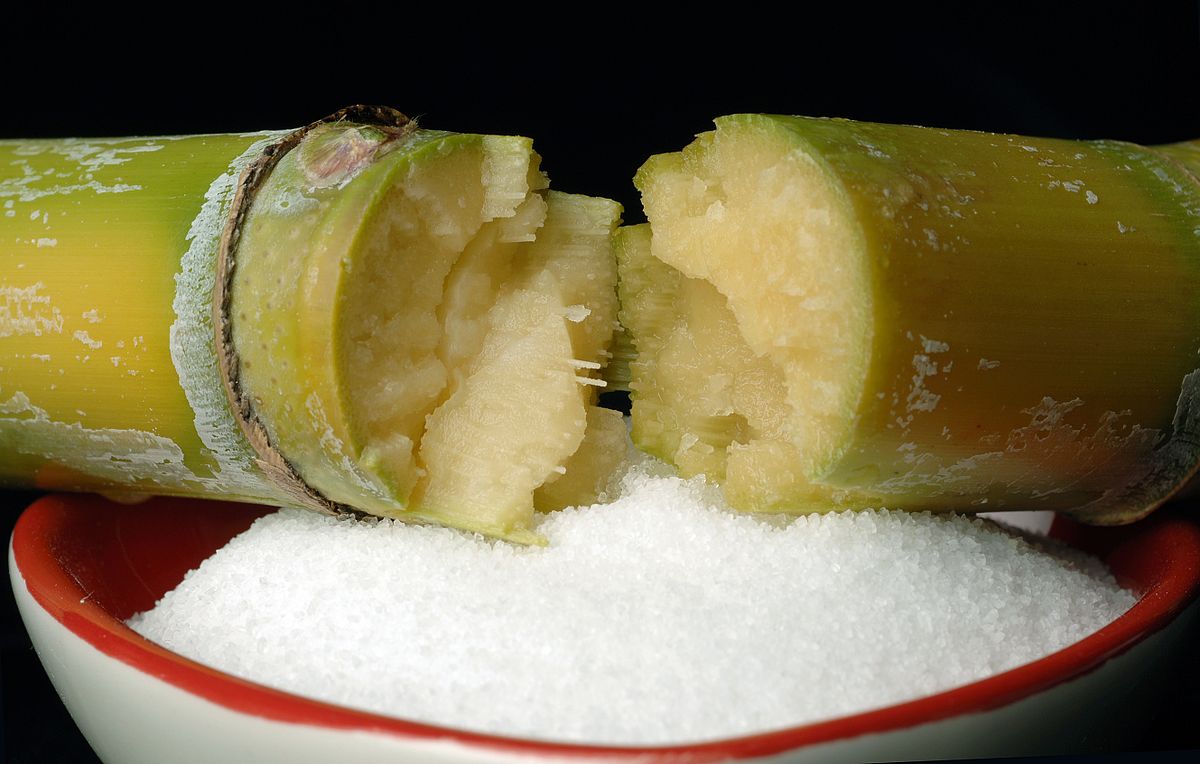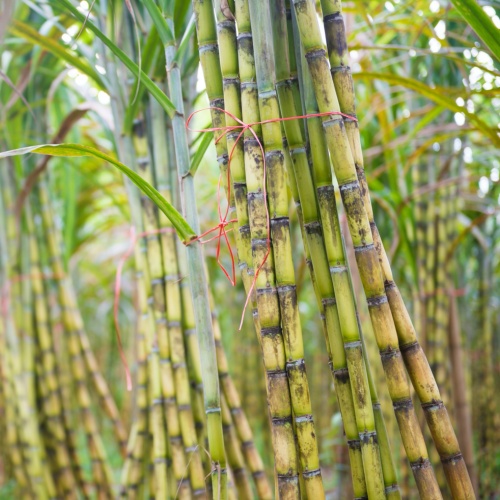A Comprehensive Review of the Wellness and Economic Ramifications of Walking Stick Sugar Processing on Local Communities
Walking stick sugar processing plays a pivotal function in forming the economic landscape of regional communities, using work opportunities and promoting supplementary industries. The wellness implications linked with high sugar consumption can not be overlooked, as they add to increasing prices of weight problems and diabetes mellitus.
Economic Benefits of Walking Stick Sugar Handling
Walking cane sugar handling supplies considerable economic benefits that expand past the instant farming field. The farming and processing of sugarcane create numerous job opportunities, from farming to production and circulation. This employment generation not only sustains regional economies but additionally fosters area development by providing stable earnings resources for family members.
Furthermore, the sugar industry promotes ancillary companies, including transportation, tools supply, and product packaging services (Cane Sugar Processing). As these fields grow, they contribute to an extra robust economic structure, enhancing general community resilience. The export capacity of refined cane sugar even more amplifies financial advantages, positioning areas as competitive players in international markets
Financial investment in modern processing facilities can bring about increased productivity and efficiency, thus decreasing waste and maximizing source usage. This shift not just benefits the local economic situation however additionally sustains sustainability efforts by minimizing environmental impacts.
In addition, the income generated from cane sugar handling can be reinvested in neighborhood framework, education, and healthcare, promoting all natural area growth. On the whole, the economic advantages of walking cane sugar handling are multifaceted, offering a foundation for withstanding success in agricultural areas.
Wellness Threats Linked With Sugar Intake
Too much sugar usage presents substantial health and wellness dangers that necessitate significant interest. High consumption of sugarcoated, particularly from refined foods and drinks, has been connected to many health complications. One of one of the most important issues is obesity, as sugary diet plans add to an increased calorie intake without supplying necessary nutrients. This unwanted can result in metabolic conditions, consisting of type 2 diabetes mellitus, which has ended up being progressively prevalent in both adults and children - Cane Sugar Processing.
Moreover, high sugar intake is connected with cardiovascular condition. Elevated blood sugar levels can lead to insulin resistance, a precursor to various heart-related issues. In addition, sugar can have damaging results on dental health, causing tooth cavities and gum condition, as microorganisms in the mouth flourish on sugar, creating acids that erode tooth enamel.
Moreover, emerging research suggests a prospective link between high sugar consumption and mental health conditions, such as depression and stress and anxiety. As communities grapple with these wellness threats, it ends up being vital to promote awareness and urge much healthier dietary options. Resolving sugar consumption is crucial not just for individual wellness but likewise for the general well-being of local neighborhoods, stressing the requirement for thorough public health strategies.
Ecological Impacts of Sugar Production
Regularly ignored in conversations regarding sugar's implications is the substantial ecological influence of sugar production. The growing of sugarcane frequently requires comprehensive land use, causing deforestation, loss of biodiversity, and disturbance of neighborhood communities. The conversion of woodlands and marshes into sugar plantations can result in environment destruction, harmful numerous species and altering eco-friendly balance.
Additionally, sugar manufacturing is resource-intensive, consuming substantial amounts of water for irrigation. This can bring about exhaustion of regional water resources, adversely influencing both agricultural methods and community access to clean water. Additionally, making use of chemical fertilizers and pesticides in sugarcane farming can add to soil deterioration and water contamination, as runoff from these chemicals goes into nearby rivers and lakes, impacting aquatic life and human wellness.
The ecological impact encompasses the processing phase, where power intake and waste generation further intensify ecological issues. Air contamination from melting sugarcane areas, along with greenhouse gas discharges, add to environment modification. Therefore, the environmental ramifications of sugar production warrant major factor to consider, prompting stakeholders to take on more sustainable methods to mitigate these negative results on regional ecosystems and communities.
Job Production and Community Growth
The environmental obstacles postured by sugar manufacturing are commonly counteracted by its capacity for financial advantages, specifically in work creation and area advancement. The walking cane sugar industry serves as a substantial resource of employment in many country areas, providing jobs across numerous ability levels, from agricultural labor to handling and distribution functions. This employment not just sustains specific households however likewise adds to the total financial vigor of neighborhood neighborhoods.
Additionally, the facility of sugar processing facilities promotes supplementary services, such as transportation services, devices supply, and upkeep companies. As these organizations flourish, they produce extra work and boost local economic situations. The earnings created from the sugar industry likewise results in raised tax incomes, which can be reinvested right into community services such as healthcare, facilities, and education advancement.
Furthermore, the sugar sector commonly takes part in neighborhood growth campaigns, such as supporting neighborhood schools and wellness programs, thus boosting the top quality of life for citizens. By cultivating strong area connections and promoting economic growth, the walking stick sugar processing sector plays a vital function in uplifting neighborhood populaces, making it a necessary element of lasting advancement methods browse around this web-site in sugar-producing areas.
Harmonizing Health And Wellness and Economic Development
In navigating the intricacies of cane sugar handling, an essential difficulty depends on balancing health and wellness considerations with financial development. The sugar industry significantly adds to regional economies by creating tasks, stimulating relevant industries, and raising tax revenues. However, the health and wellness effects related to too much sugar intake can cause chronic conditions such as excessive weight, diabetes, and cardiovascular issues, which can problem public health systems and reduce workforce performance.

Furthermore, regulative structures can play a critical role in guiding market practices towards more health-conscious and sustainable strategies. By promoting collaboration between government bodies, health companies, and the sugar market, areas can browse the duality of wellness and economic growth, making sure that the benefits of cane sugar handling are equitably shared while prioritizing public wellness.
Verdict
To conclude, the handling of cane sugar provides both significant economic advantages and significant wellness risks for local areas. While it fosters job creation and boosts local development, the connected health concerns, particularly pertaining to obesity and diabetic issues, demand a mindful harmonizing act. By promoting liable consumption and investing in neighborhood education and learning and sustainable techniques, it is feasible to make the most of financial benefits while minimizing damaging health and wellness effects, consequently ensuring a healthier future for regional populaces.
Additionally, sugar can have harmful effects on dental wellness, resulting in dental caries and gum tissue illness, as germs in the mouth thrive on sugar, producing acids find out here that wear down tooth enamel.
Dealing with sugar consumption is vital not just for individual wellness however likewise for the overall wellness of local neighborhoods, stressing the requirement for comprehensive public health techniques.
Frequently neglected in conversations concerning sugar's effects is the significant ecological effect of sugar production. The health and additional resources wellness ramifications associated with too much sugar consumption can lead to persistent illness such as weight problems, diabetic issues, and cardio concerns, which can burden public wellness systems and reduce workforce productivity.
